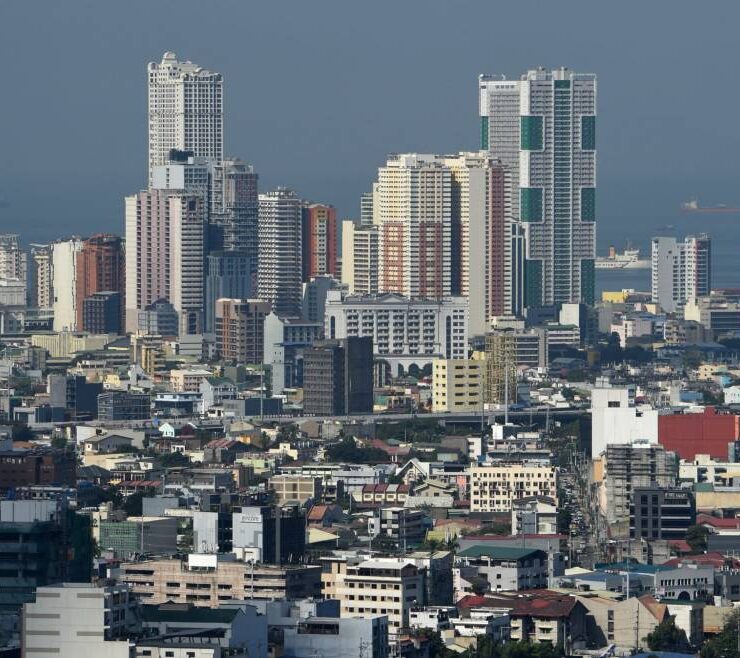Brazil seen shipping more pork to the Philippines

A group of Brazilian meat exporters expects pork shipments to the Philippines to exceed 300,000 metric tons (MT) in 2025 due to rising demand for this commodity.
“I forecast a big growth because the Philippines is demanding more,” Ricardo Santin, president of the Brazilian Animal Protein Association (Abpa), said in an interview.
Santin said they project meat cargos bound for the Philippines to increase by about 18 percent this year from the 254,331 MT sent a year ago.
“This is the point, Brazil itself has a demand, but there is an increase of demand here locally (in the Philippines),” he said.
“We have the capability to increase … the [shipments] as well,” Santin told reporters. He added that the trade partnership between Brazil and the Philippines is mutually beneficial.
For chicken exports this year, the Abpa anticipates a “more stable” volume of 240,000 MT to 270,000 MT.
If realized, this would represent an increase of up to 13.7 percent from last year’s 237,400 MT.
Also, Santin said the Philippine government’s recognition of Brazil’s sanitary inspection system in March last year and the adoption of the prelisting system strengthened trade and trust between both countries.
To recall, the Brazilian government announced the forging of a system of accreditation and a prelisting establishment agreement with authorities in Manila in March 2024.
Through this arrangement, all Brazilian companies qualified by Brazil’s Federal Inspection System can apply for accreditation to export meat to the Philippines.
This means Philippine authorities will no longer evaluate applicants and their respective submissions individually.
The Abpa noted that since 2000, Brazil has exported more than 1.4 million MT of chicken meat and 700,000 MT of pork to the Philippines.
The Philippines is the top destination of South American pork exports. The country is also the seventh largest importer of poultry from the continent.
Further, Brazil is the Philippines’ leading supplier of meat. It accounts for more than 43 percent of meat exports to the Philippines as of April, based on the government data.
Brazil’s chicken meat exports to the Philippines include wings, chicken breast bone-in skin-on, bone-in leg and mechanically deboned meat. The latter is used in manufacturing various food products, such as hot dogs and sausages.
Earlier, Gilberto Fonseca Guimarães de Moura, Ambassador of Brazil to the Philippines, told the Inquirer the “regionalization” agreement between Brasilia and Manila is expected to be signed soon.
With both parties in the final stages of ironing out the details, the Brazilian envoy said there are no objections to the accord and it is only a matter of formality.
Under a regionalization agreement, the government will impose import bans only on specific areas or zones with ongoing animal disease outbreaks, rather than enforcing the ban on the entire country.





















Talent, transition and continuity: 2026 hiring and succession in PH economy